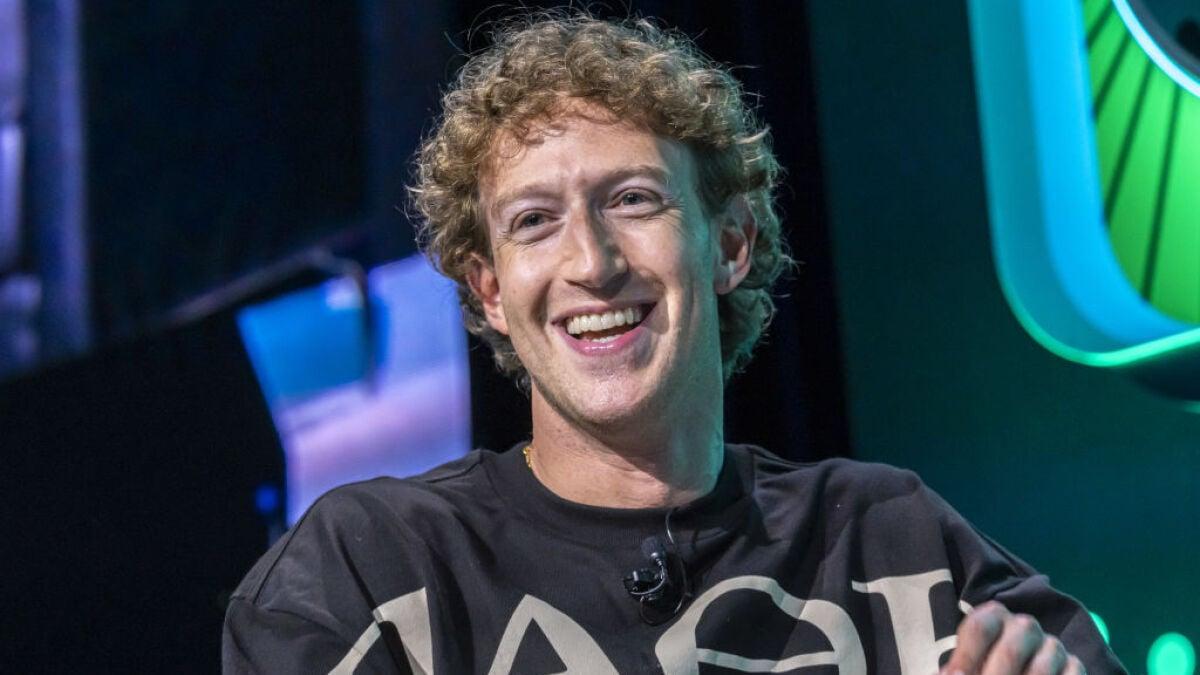Talent poaching doesn't often go viral, but this story has all the right ingredients: Meta, OpenAI, and $100 million signing bonuses.
Meta has been aggressively pursuing AI talent from top labs, mostly OpenAI, in an effort to get a leg up on its competition. The details of the developing story are so dramatic and foreign to the rest of the world that it's become stranger-than-fiction fodder for the internet watching it unfold in real time.
How the Meta poaching frenzy began
In case you haven't been following the saga, Meta CEO Mark Zuckerberg is frustrated with his company's progress in the quest for AI supremacy. Earlier this month, reports surfaced of Zuckerberg personally recruiting talent for a superintelligence group to accelerate Meta's AI research and development efforts. This included snagging Scale AI CEO Alexandr Wang to lead the team, which seemed to have stung OpenAI particularly badly, since it has had a longstanding partnership with Scale AI. OpenAI (and Google) reportedly cut ties with Scale AI after the Meta acquihire.
Meta's AI recruitment also included enticing OpenAI researchers with $100 million signing bonuses, according to CEO Sam Altman on a podcast interview with his brother, Jack Altman. Sam didn't seem phased: "I'm really happy that at least so far none of our best people have decided to take [Meta] up on that." Then, Altman and OpenAI COO Brad Lightcap took the offensive during a live show of the New York Times podcast, Hard Fork — the two execs were asked if they think Zuckerberg actually believes in superintelligence or whether he's just saying that as a recruiting tactic, with Lightcap responding, "I think [Zuckerberg] believes he's super intelligent." Days later, the Wall Street Journal would report that Meta had successfully poached three OpenAI staffers from its Zurich office.
It was all jokes for OpenAI, until it wasn't
Up until this point, Zuckerberg and Altman have had a Real Housewives kind of rivalry, or should we say Zuckerberg has a rivalry with Altman, who has publicly regarded the whole thing as kind of a joke. When it was reported that Meta was planning to develop a standalone app to compete with ChatGPT, Altman cheekily responded by posting, "ok fine maybe we'll do a social app." From the outside, it's all very high school.
But that was then. This week, things looked different for OpenAI. On Monday, an internal memo from Zuckerberg reported by Bloomberg revealed the scope of Meta's aggressive recruiting tactics. Based on the memo, Meta has gained 11 hires for his superintelligence team from OpenAI, Google, and Anthropic, including four employees from OpenAI.
Mashable Light Speed
An internal memo from within OpenAI (via Wired) painted a picture of a company in crisis. Chief Research Officer Mark Chen told staffers that the executive team was "working around the clock to talk to those with offers," and trying to retain talent. "[W]e’ve been more proactive than ever before, we’re recalibrating comp, and we’re scoping out creative ways to recognize and reward top talent," added Chen.
The situation is so intense that OpenAI is reportedly giving employees next week off to recharge from the grueling workload and pace, while leadership tries to get things under control.
Meta's aggressive poaching has gripped the AI corner of the internet
While two billionaire CEOs battle for top talent with outrageous financial incentives, the internet is doing its thing.
To put things in perspective, soccer legend Cristiano Ronaldo was paid 80 million pounds to sign with Real Madrid in 2009, the largest transfer deal ever at the time. Posters on X compared that amount to Altman's claims of $100 million signing bonuses for his former AI staffers heading to Meta (one of the new Meta employees publicly disputes that number).
This Tweet is currently unavailable. It might be loading or has been removed.
Even if $100 million is an overstatement, the tech industry is looking more and more like the professional sports world to many.
This Tweet is currently unavailable. It might be loading or has been removed.
Others on Twitter are gobsmacked at the very lucrative AI brain race.
This Tweet is currently unavailable. It might be loading or has been removed.
...and the rumors of Zuckerberg's intense and expensive efforts at bringing the brightest AI minds to Menlo Park.
This Tweet is currently unavailable. It might be loading or has been removed.
This Tweet is currently unavailable. It might be loading or has been removed.
Disclosure: Ziff Davis, Mashable’s parent company, in April filed a lawsuit against OpenAI, alleging it infringed Ziff Davis copyrights in training and operating its AI systems.








